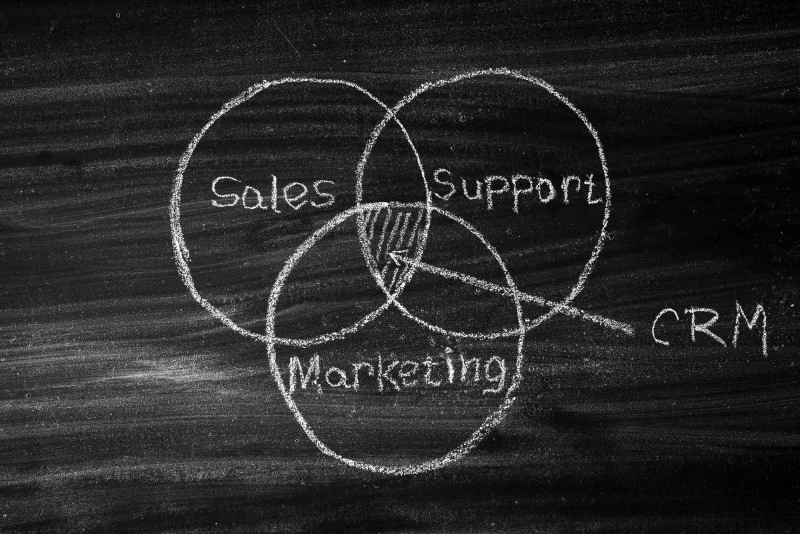What if you had a tool that tracked each interaction between your team members and potential customers, collected important background information, and tagged warm leads to give you insight on potential opportunities? This tool exists, and it's a CRM! Learn how CRM increases customer satisfaction, why it’s important, and how you can use it to create measurable metrics in your business.
What is a CRM?
CRM is a feature rich, digital version of a Rolodex. It not only keeps track of your customers, but also logs important interactions and information about their consumer needs in relation to your business.
You can use a CRM to set up sales pipelines, track opportunities, and nurture warm leads. Many tools will even keep track of contact and notify you when you haven’t interacted with a particular customer in a while!

Why is CRM important
CRM is so important because your business is your customers. By digitizing their information and activity, you can make sure to continue providing them what they need at the time they need it, and ensure nothing slips through the cracks.
Use of a CRM increases customer satisfaction because it keeps your business in tune with your most valuable customers and relationships.

What CRM is right for you?
The size of your business and the type of features you need will determine which CRM is right for your business.
Salesforce is a great CRM for startups and becoming a household name synonymous with CRM (which also happens to be their stock ticker symbol). Salesforce offers full client services in the business dashboard.
HoneyBook is a great CRM for small business if you’re also looking for customer management tools such as contracts and invoices all wrapped up in one tool.
Capsule CRM is a great CRM to check out if you’re a freelancer or solopreneur looking to dip your toes into the CRM process. It offers a free plan and pared down features with just the essentials, as its name suggests.

How to set up your CRM
Each platform will have a different set up process, but for many, you can import your data from other sources such as other systems or spreadsheets.
Some CRMs require a bit more hands-on setup or manual tagging, but many offer automation tools that only remind you when you need to jump in.

CRM KPIs
Your KPIs will vary depending on your business and lead generation goals, but some of the KPIs that the CRM experience can help skyrocket are customer satisfaction, client retention rate, and lead conversion. CRM can help you nurture your leads when they need it most, and keep your customers long term.

Need help?
Whether you’re looking for a one-time consultation to get your CRM up and running, or need a marketing expert to maintain your systems, we can help!













Leave a Comment
Comments (0)